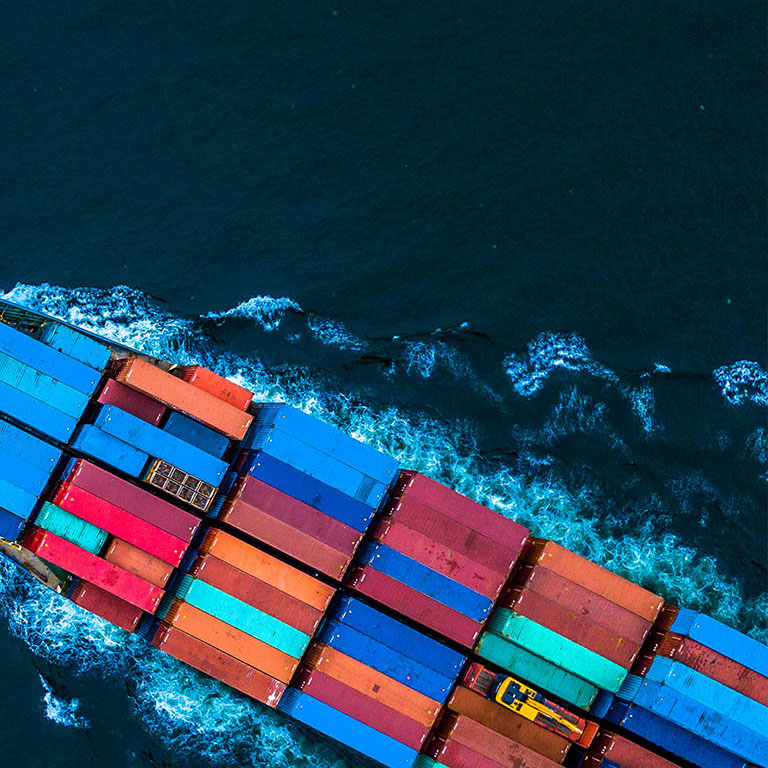Shipping companies continue to assess how the conflict in Ukraine might affect their business and their future plans. Issues relating to charterparties, contracts of affreightment, and bills of lading will be complex. The impact of evolving sanctions will need to be monitored carefully to ensure that there are no breaches. Many ship owners also will be reviewing potential cyber risks to ensure that they are as well protected as possible.
Having just recovered from answering a large number of questions relating to COVID-19, P&I Clubs now find themselves inundated with questions from their members relating to many of the legal issues mentioned above — deviation, discharging cargo at alternative ports, dealing with issues relating to Ukrainian crew, and, of course, providing cover for Russian members.
Managing Russian and Ukrainian crew risk
The human issues related to this conflict are some of the most difficult and they affect both Russian and Ukrainian seafarers. The head of the International Group of P&I Clubs has emphasized the “great concern [that exists] across the industry about the plight of… innocent seafarers”. Ship owners will be keenly aware of the potential difficulties that might arise where a ship has both Russian and Ukrainian crew members.
For example, how does a ship owner repatriate a Ukrainian seafarer in the current circumstances? Typical crew contracts make the employer liable for benefits and compensation “door to door”; that is, from the time the crew member leaves home to join the ship until signing off after arriving back home.
P&I Clubs typically provide cover for the whole period. However, in the current circumstances, members should note that P&I cover is subject to an exclusion of war risks as set out, for example, in Gard’s Rule 58.
To help address these issues, the International Group’s Personnel Sub-Committee has prepared an exemplar Employment Contract Addendum to assist ship owners. The Addendum is suggested wording that can be used as a basis for amending a crew member’s contract of employment. The Sub-Committee recommends that ship owners speak with their legal advisors, as appropriate, when making any amendments. The wording is available from all International Group Clubs on request. Gard and Standard, for example, have published it on their websites.
Cover for liability towards crew arising from war risks should be available from war risks insurers. However, it would be wise for vessel operators employing Ukrainian crew with door to door contracts to contact their war insurers to ensure they agree that the liabilities not recoverable under P&I cover by virtue of the war risks exclusion are fully insured under the war policy.
Seek expert advice given changing circumstances
Because each case will be different and circumstances are changing rapidly, it is important to consult your legal advisors and keep in touch with your usual contact at Marsh. We will do everything possible to provide quick and accurate answers to the many questions arising from these issues and support your risk management efforts.



